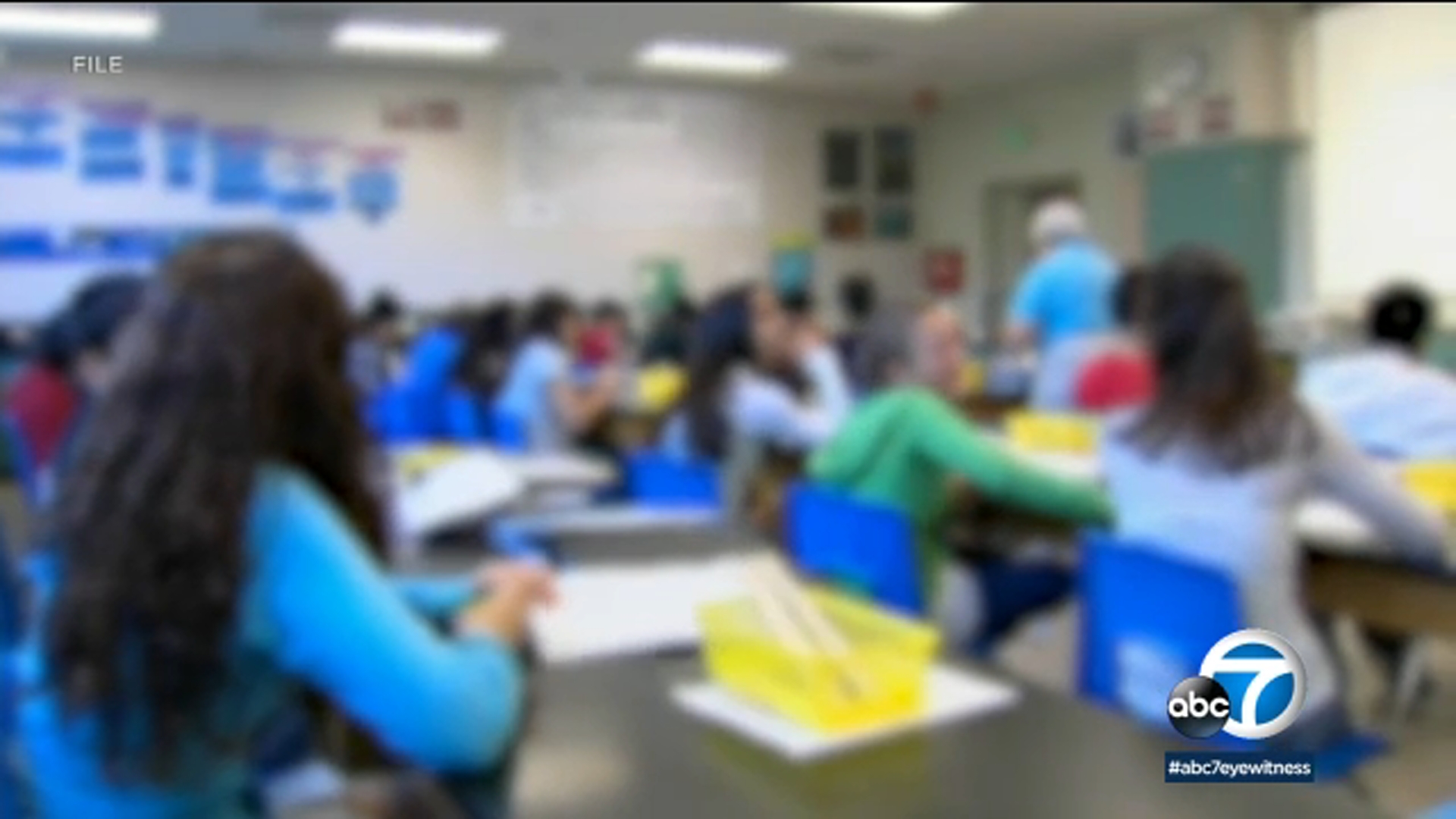Doctor says he would approach returning to classroom with same precautions as entering hospital emergency room
In our daily "Ask the Doctor" segment, Dr. Anthony Cardillo, a former teacher, says if he were to have to go back into the classroom environment, he would approach it the same way he approaches going into the emergency department at the hospital.

What can teachers do to stay safe if their school district implements in-person classes? And as efforts ramp up to find treatments and a vaccine for COVID-19, researchers are looking into drugs that are already FDA approved to see if they can be effective; that's the case with the common blood thinner, Heparin.
Dr. Anthony Cardillo, CEO of Mend Urgent Care and ER physician, weighed in on these important topics, plus a look ahead to flu season, when he sat down for a Skype interview with ABC7.
As far as Heparin, Dr. Cardillo said it's used every single day in the hospital, for heart attacks and strokes.
"Heparin is sort of blocking the ability of the coronavirus to bind to our cellular receptors," said Dr. Cardillo. "This molecule not only thins the blood but it interferes with the ability of the coronavirus to bind to our cells. So we'll be doing a lot more research on this."
Dr. Cardillo was a teacher before becoming a doctor, so he has a unique perspective about what educators face in the classroom.
"If I were to have to go back into that classroom environment, I would approach it the same way I approach going into the emergency department," said Dr. Cardillo. "Honestly, I'd be wearing an N-95 mask, a full face shield, I'd be wearing gloves the entire day, and on top of that there would be a lot of physical distance."
He also says constant cleaning is the way to mitigate this. And he thinks every single student would have to wear a mask and the schools should institute a testing protocol so that all the faculty and all the students are tested regularly.
In our daily "Ask the Doctor" question, Hiram from Hollywood wanted to know if the health community was prepared to handle both flu and coronavirus cases simultaneously.
Dr. Cardillo said we do have some time. The bulk of the flu season starts in October. And he says most people who come to the hospital with the flu go to the E.R. for help.
"We don't get a lot of flu cases that have to go to ICU and that's where the COVID cases are really bogging down," said Dr. Cardillo. "We can separate the corona cases to the ICU and influenza cases to the regular medical unit. ERs are highly sophisticated and very organized to handle any influx of patients."
Watch the full interview with Dr. Cardillo in the video above.
Is it safe for students to return to school in the fall? Doctor weighs in

Officials suggest LA County schools have 'Plan B' for reopening

Substitute teachers prepare for COVID-19 impact when school year begins











